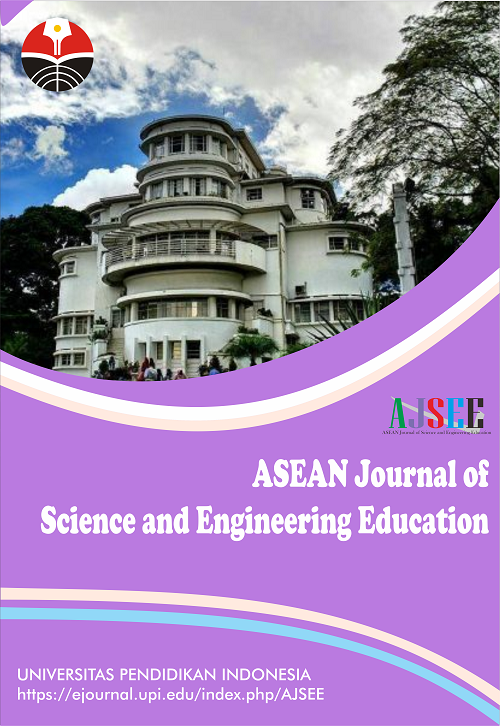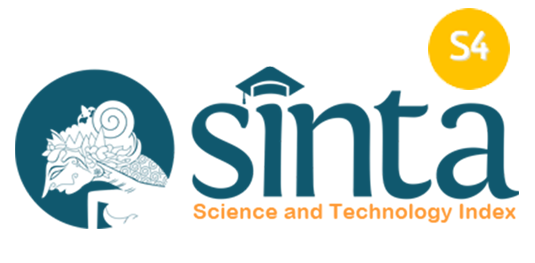Integrated Project as Innovative Assessment to Enhance Learning Experience in Thermodynamics Class
Abstract
Keywords
Full Text:
PDFReferences
Antequera Caplliure, M., and Herrero Montagud, M. (2012). The integrated project as a learning experience. JOTSE: Journal of technology and science education, 2(1), 13-21.
Ballesteros, M. A., Daza, M. A., Valdés, J. P., Ratkovich, N., and Reyes, L. H. (2019). Applying PBL methodologies to the chemical engineering courses: Unit operations and modeling and simulation, using a joint course project. Education for Chemical Engineers, 27, 35-42.
Baran, M., and Sozbilir, M. (2018). An application of context-and problem-based learning (C-PBL) into teaching thermodynamics. Research in Science Education, 48(4), 663-689.
Lopez-Zamora, S., Kong, J., Escobedo, S., and Lasa, H. D. (2021). Thermodynamics and Machine Learning Based Approaches for Vapor–Liquid–Liquid Phase Equilibria in n-Octane/Water, as a Naphtha–Water Surrogate in Water Blends. Processes, 9(3), 413.
Mulop, N., Yusof, K. M., and Tasir, Z. (2012). A review on enhancing the teaching and learning of thermodynamics. Procedia-Social and Behavioral Sciences, 56, 703-712.
Sidik, H., and Masek, A. (2021). The Effects of Problem-based Learning in Students Reading Comprehension for Mastering the Content and Vocabulary Acquisition. ASEAN Journal of Science and Engineering Education, 1(2), 87-92.
Trisdiono, H., Siswandari, S., Suryani, N., and Joyoatmojo, S. (2019). Multidisciplinary integrated project-based learning to improve critical thinking skills and collaboration. International Journal of Learning, Teaching and Educational Research, 18(1), 16-30.
DOI: https://doi.org/10.17509/ajsee.v1i3.40896
Refbacks
- There are currently no refbacks.
Copyright (c) 2021 Universitas Pendidikan Indonesia

This work is licensed under a Creative Commons Attribution-ShareAlike 4.0 International License.














